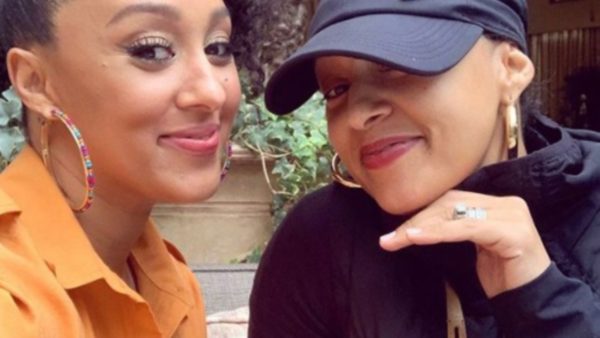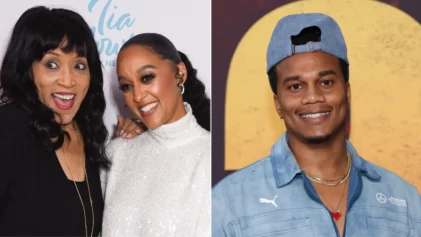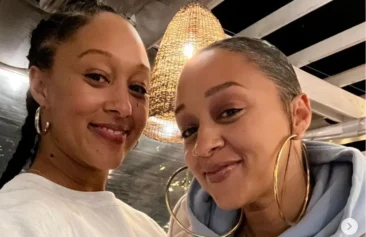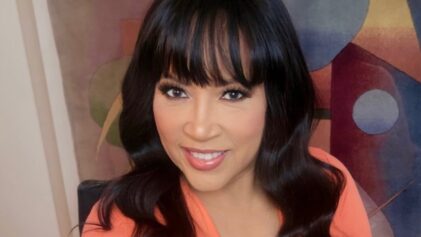Actress Tia Mowry-Hardrict recalled a time that she and her sister Tamera Mowry-Housley were racially discriminated against while starring on “Sister, Sister,” the popular ’90s sitcom that shot them to fame.
Tia talked about it during an interview with Entertainment Tonight and said she and Tamera were once told they couldn’t be on the cover of a magazine because of they’re skin color.

“So my sister [Tamera] and I wanted to be on the cover of this very popular [teenage] magazine at the time,” said Tia at the 10:24 mark. “We were told that we couldn’t be on the cover of the magazine because we were Black and we would not sell. I will never forget that. I will never forget where I was, and I wish I would have spoken up. I wish I would have said something then. I wish I would have had the courage to speak out and say that wasn’t right.”
As many Black people have fought for equal representation throughout the years, some have brought that fight to the magazine world.
In 2014, for example, former People magazine senior editor Tatsha Robertson, a Black woman, filed a discrimination lawsuit against Time Inc. and her former editor Betsy Gleick. Robertson claimed that People had very little interest in writing about Black people or putting them on its cover.
Magazine editors in the UK have also been accused of excluding Black people from its cover.
In 2018, The Guardian conducted an investigation and found that out of 214 magazine covers from the 19 bestselling publications in the UK, just 20 featured a person of color the previous year.
During her interview, Tia admitted that the entertainment industry has made some improvements in how it views and works with Black people since she was a teenage star. The actress also said that she has a better self-image of herself these days and doesn’t want her children to have the same struggles that she did coming up.
“To this day, I’m always telling my beautiful brown-skinned girl that she is beautiful and the same thing even with my son,” Tia explained. “I tell him how handsome he is, I tell him, you know, he is smart. Because I know what it feels like for someone to devalue your worth, and I don’t want my children to ever, ever, ever, feel that and not have the strength, or the foundation, to not believe it. To believe that they are worthy.”
She continued. “I would feel insecure about my hair because being young and being in this business, I never saw girls like me. I never saw girls that, you know, were embracing their curls or I never saw curly hair being portrayed as beautiful … I love that now I’m seeing images that are really embracing natural, beautiful, curly hair and just beautiful Black women in all shades — dark, light skin, brown.”


